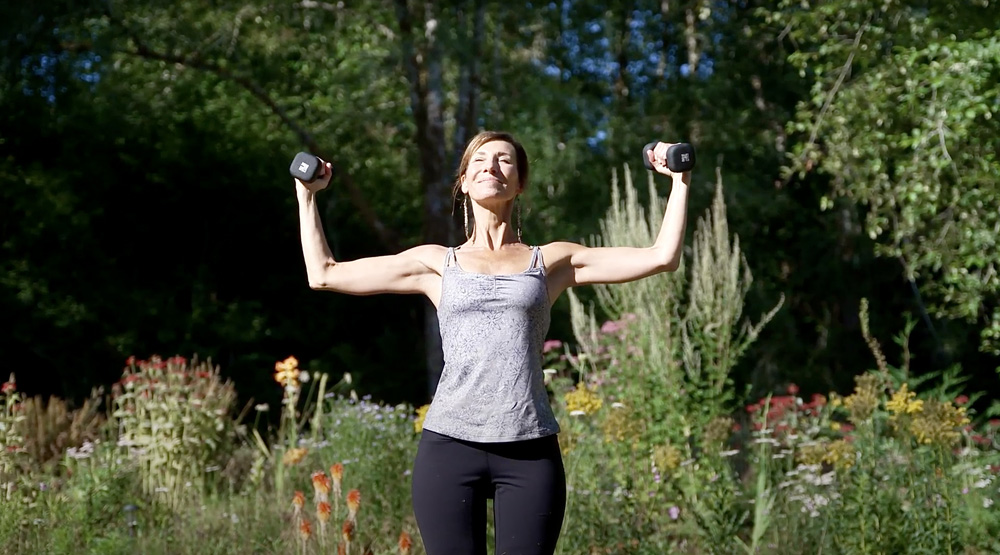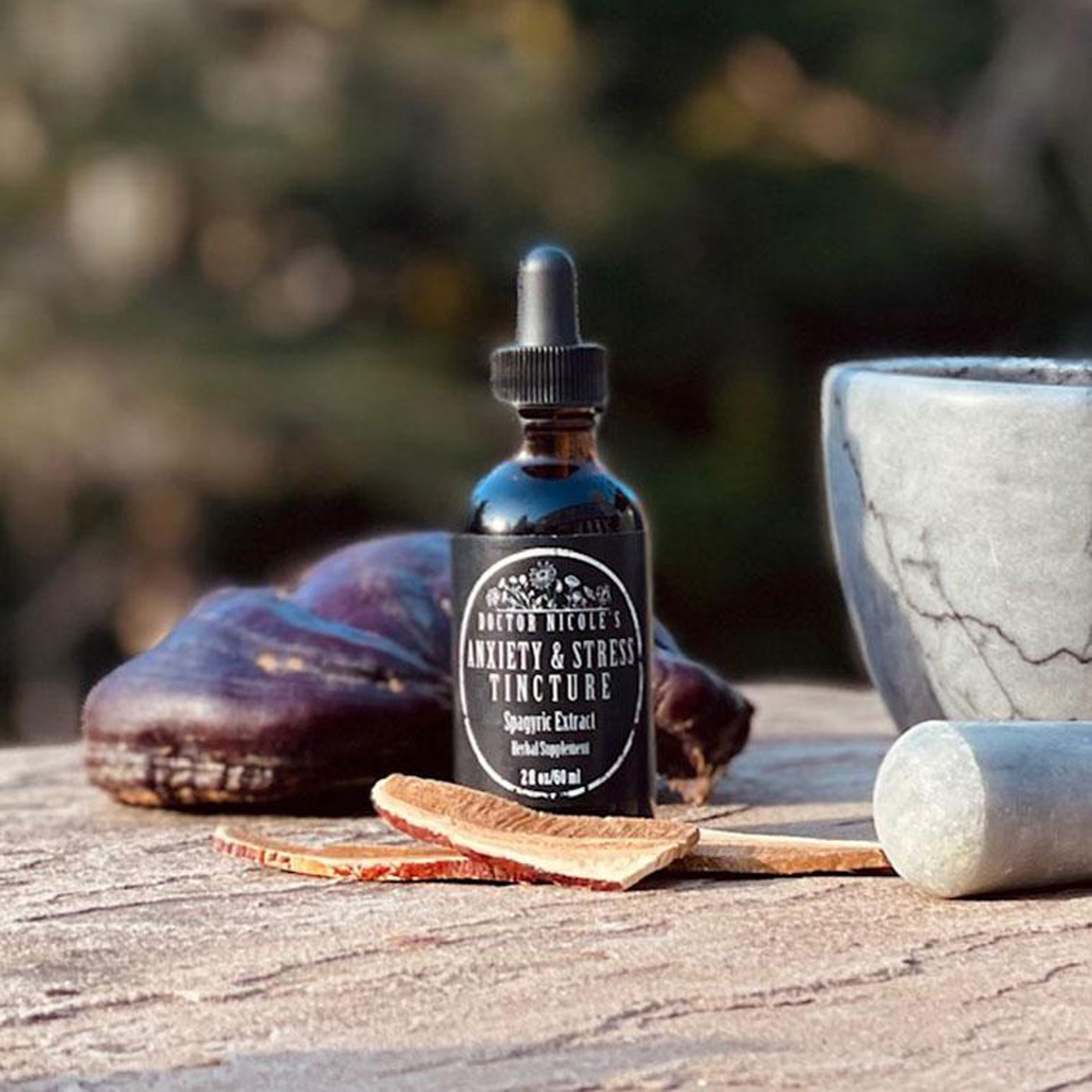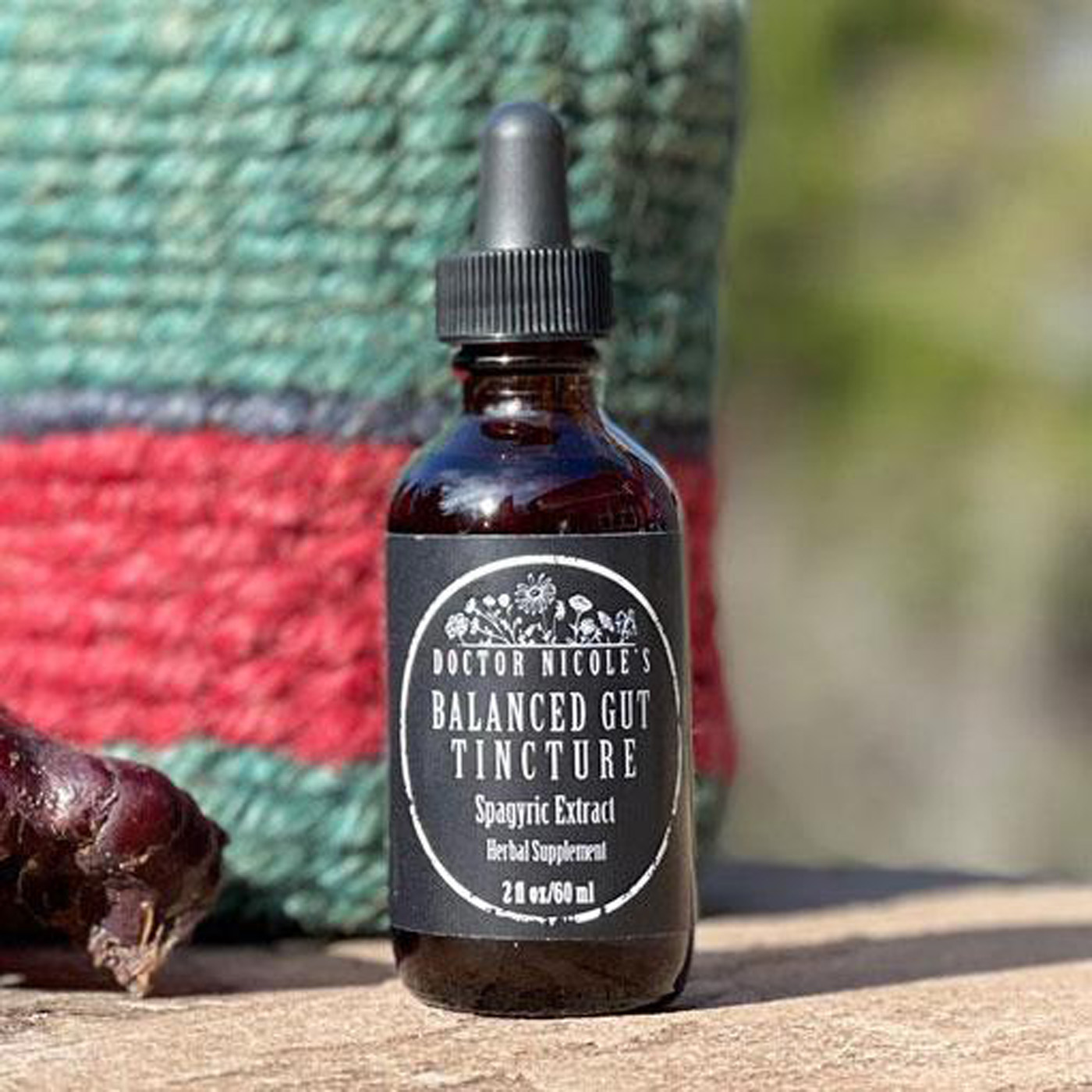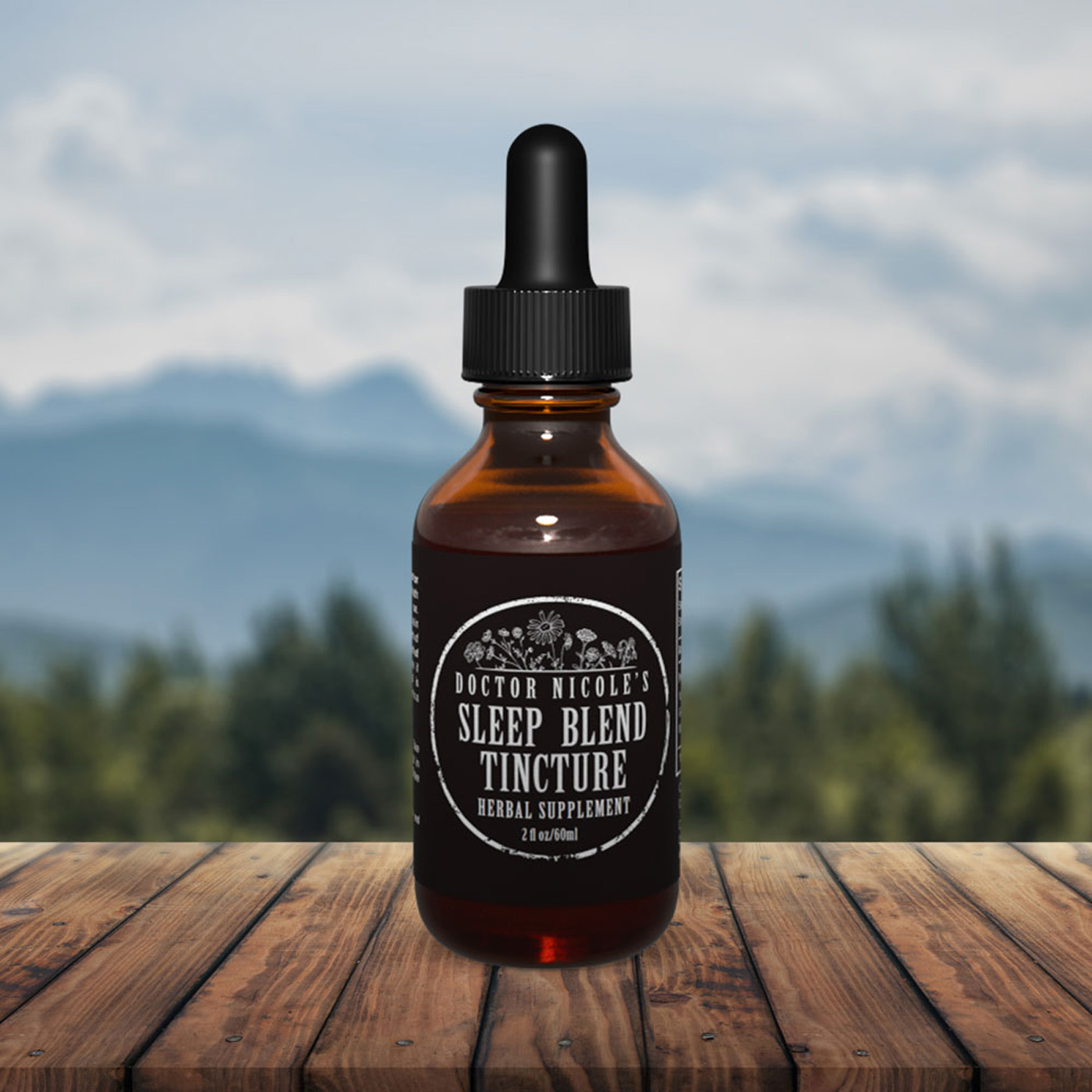What is the Microbiome and Why Is It Important?
As we enter into the new year after a holiday season of overindulgence, we most likely are motivated to get back on track with our health routine. One of the best ways to do this is to tend to the microbiome. Over the last decade or so, researchers have been diving into this wild and wonderful world of gut bacteria — and learning how it can make (or break) health. Our microbiome is teeming with trillions of bacteria, viruses, fungi, and other single-celled organisms that play important roles in regulating immune function and inflammation, influencing mood, synthesizing vitamins, and fermenting fiber from the food that we eat. These microbes also are involved with how we metabolize fat.
If our microbiome diversity is compromised, it can lead to obesity, metabolic disorders, cardiovascular disease, autoimmune conditions, and more. Our genes, the kind of medication we use, stress levels, and what we eat all influence this dynamic microbial dance in our gut.
Consuming a diet rich in a variety of plant-based foods, spending time in nature, getting enough deep sleep, and lowering stress are all exceedingly helpful in boosting the health of our microbiome. And now, researchers have found another activity to add to the list: exercise.

Get Moving: How Exercise Boosts Gut Health
A large number of studies have found that exercise has a significant impact on the function and structure of the gut, as well as the intestinal microflora.2 In animal experiments, it was discovered that physical activity influenced gut immune function, along with microflora composition and diversity. How does this translate to humans? Researchers set out to find an answer.
A study published in the aptly named journal Gut found that exercise improved the diversity of gut microflora in elite rugby players, particularly among the Firmicutes phylum, which helped to support a healthier intestinal environment.1 Likewise, another research team established that “fit individuals showed a microbiome enriched in butyrate-producing taxa, such as Clostridiales, Roseburia, Lachnospiraceae, and Erysipelotrichaceae, resulting in increased butyrate production, an indicator of gut health.”2,3
Butyrate is a short chain fatty acid that is well-known for its ability to reduce inflammation, modulate the immune system, and stimulate the production of glutathione — a “master antioxidant” that is involved in detoxification.6,7
“Exercise seems to be affecting our gut microbes, by increasing bacterial communities that produce short chain fatty acids (SCFAs)”, says Jeffrey Woods, a professor of kinesiology and community health at the University of Illinois at Urbana-Champaign.4
“Short chain fatty acids are a type of fatty acids that are primarily produced by microbes and have been shown to modify our metabolism, immunity and other physiological processes,” adds Jacob Allen, an assistant professor who works alongside Woods.
Woods and Allen demonstrated that previously sedentary participants who went for a 30-60 minute run three times a week for six weeks experienced higher numbers of Faecalibacterium prausnitzii, which is a type of bacteria that is known to produce butyrate in the gut.8 Interestingly, when the study participants resumed a sedentary lifestyle, the positive changes in the microbiota were reversed. Another study established that aerobic exercise, paired with strength training for 18-32 minute sessions, three times a week, also encouraged increased microbial diversity and gut health.5
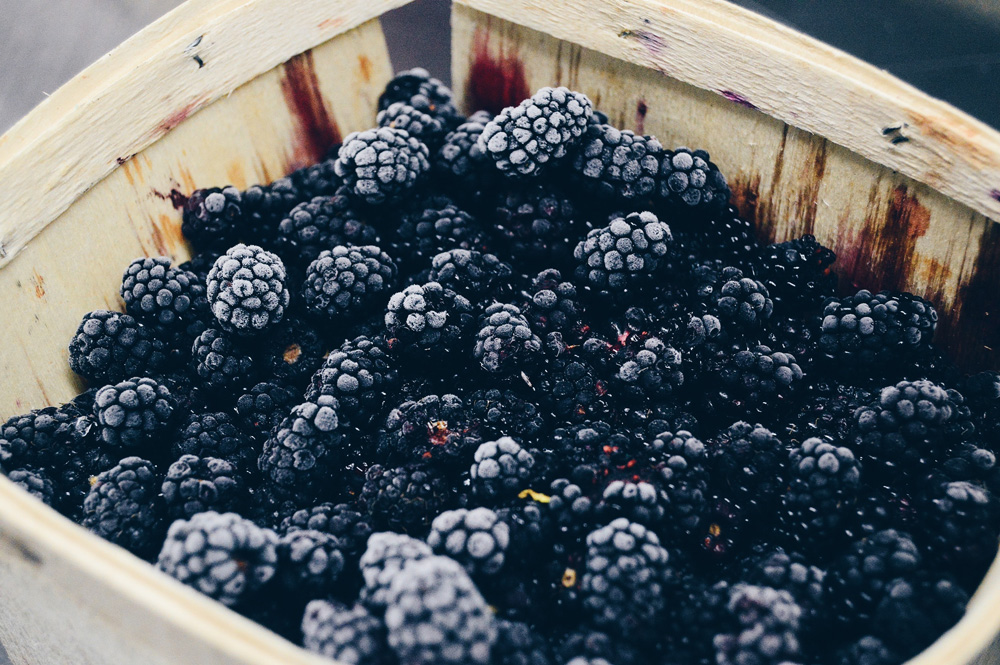
Supporting Gut Health With Lifestyle Choices and Herbal Remedies
As we have seen, gut health impacts our wellbeing on a variety of different levels. This should inspire us to embrace a regular exercise habit, eat an unprocessed diet with plenty of plant foods, reduce stress, and make sure we get enough rejuvenating sleep. Many have found several formulations in my apothecary to be exceedingly helpful in healing the gut and boosting overall health.
The first is our Balanced Gut blend. It contains powerful anti-inflammatory and soothing herbs that help to repair the intestinal tract and restore healthy gut function.
Next is our Anxiety & Stress tincture, which helps the body adapt to stress, calms the nervous system, and relieves anxiety, depression, and stress-related insomnia. It also improves cognitive function and lowers inflammation for optimal brain health.
If deep, rejuvenating rest is an ongoing issue, our Sleep Blend can help. It is formulated to help you fall asleep faster and stay asleep longer. It boosts the production of GABA, a calming brain chemical that promotes sleep. This blend also assists in improving sleep issues connected with menopause. Additionally, we’ve added magnesium glycinate, an absorbable form of magnesium that improves sleep quality and promotes natural sleep patterns, including healthy REM cycles.
Finally, A Good Night’s Sleep!
“I’ve been using the Sleep Blend Tincture for about a month and I’m very pleased. I am post menopausal and have had problems sleeping for years. I also had long haul [severe respiratory syndrome] and that ruined my sleep as well. I take about 1.5- 1.75 droppers full of your tincture and I sleep deeply and well from 10 pm until about 5 am. Many times I can fall back to sleep after that too. I’ve also noticed an increase in dreams. Why get hooked on a drug or melatonin when you can use a natural herbal mix?” -Jill
Would you like to experience exceptional gut health and boost overall wellbeing? Visit the apothecary today to learn more!
Nicole Apelian
Nicole’s Apothecary Products in this Post
References
- S. F. Clarke, E. F. Murphy, O. O’Sullivan et al., “Exercise and associated dietary extremes impact on gut microbial diversity,” Gut, vol. 63, no. 12, pp. 1913–1920, 2014.
- Vincenzo Monda, Ines Villano, Antonietta Messina, Anna Valenzano, Teresa Esposito, Fiorenzo Moscatelli, Andrea Viggiano, Giuseppe Cibelli, Sergio Chieffi, Marcellino Monda, Giovanni Messina, “Exercise Modifies the Gut Microbiota with Positive Health Effects”, Oxidative Medicine and Cellular Longevity, vol. 2017, Article ID 3831972, 8 pages, 2017. https://doi.org/10.1155/2017/3831972
- M. Estaki, J. Pither, P. Baumeister et al., “Cardiorespiratory fitness as a predictor of intestinal microbial diversity and distinct metagenomic functions,” The FASEB Journal, vol. 30, no. 1, pp. 1027–1035, 2016.
- “Why a workout is good for your gut bacteria” Roberta Angheleanu, BBC Microbes and Me | Health, August 25, 2022. https://www.bbc.com/future/article/20220825-how-exercise-can-give-your-gut-microbes-a-boost
- Barton W, Penney NC, Cronin O, et al The microbiome of professional athletes differs from that of more sedentary subjects in composition and particularly at the functional metabolic level Gut 2018;67:625-633.
- Meijer, K., de Vos, P., & Priebe, M. G. (2010). Butyrate and other short-chain fatty acids as modulators of immunity: what relevance for health?. Current opinion in clinical nutrition and metabolic care, 13(6), 715–721. https://doi.org/10.1097/MCO.0b013e32833eebe5
- Zhou, L., Zhang, M., Wang, Y., Dorfman, R. G., Liu, H., Yu, T., Chen, X., Tang, D., Xu, L., Yin, Y., Pan, Y., Zhou, Q., Zhou, Y., & Yu, C. (2018). Faecalibacterium prausnitzii Produces Butyrate to Maintain Th17/Treg Balance and to Ameliorate Colorectal Colitis by Inhibiting Histone Deacetylase 1. Inflammatory bowel diseases, 24(9), 1926–1940. https://doi.org/10.1093/ibd/izy182

